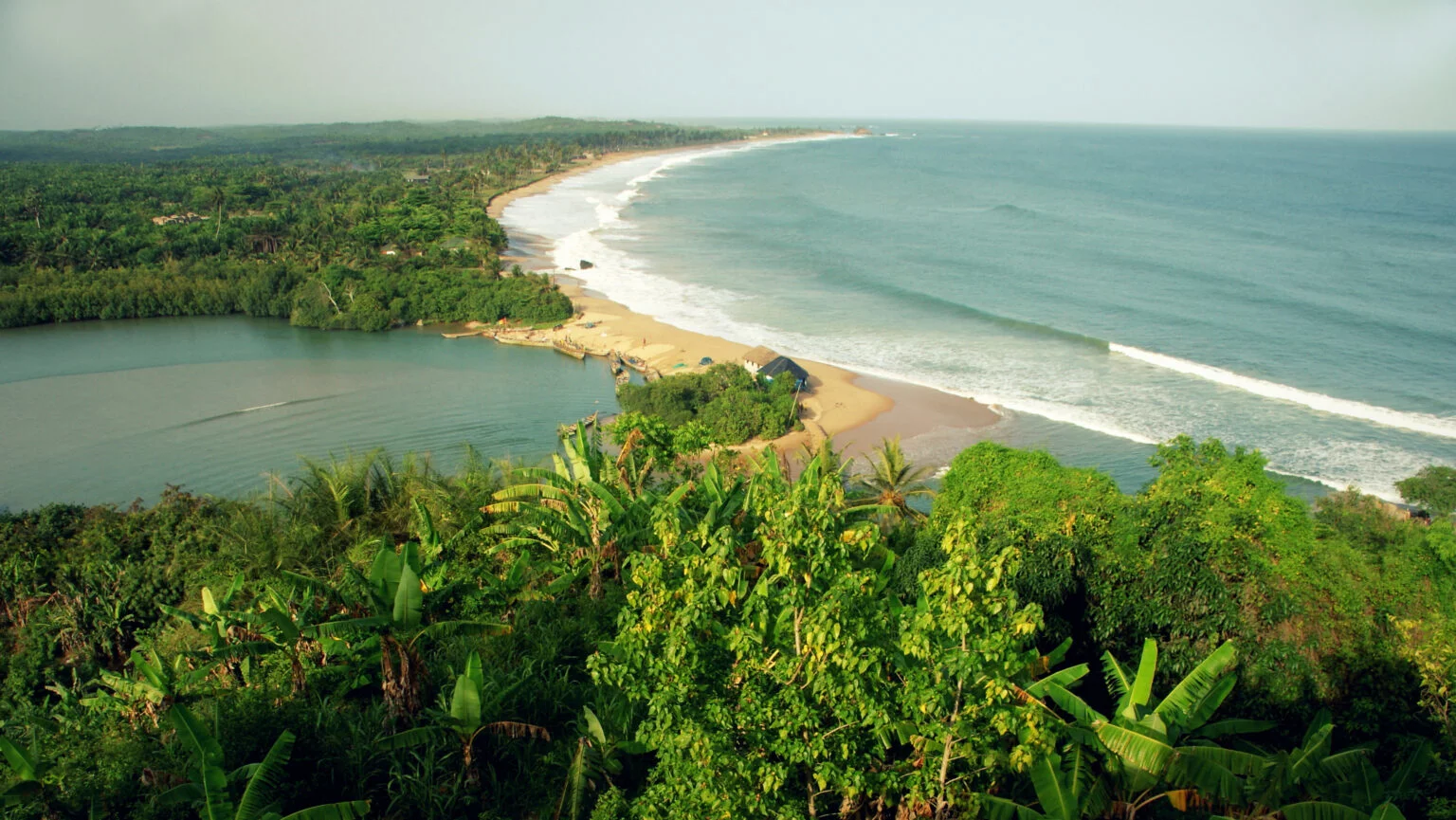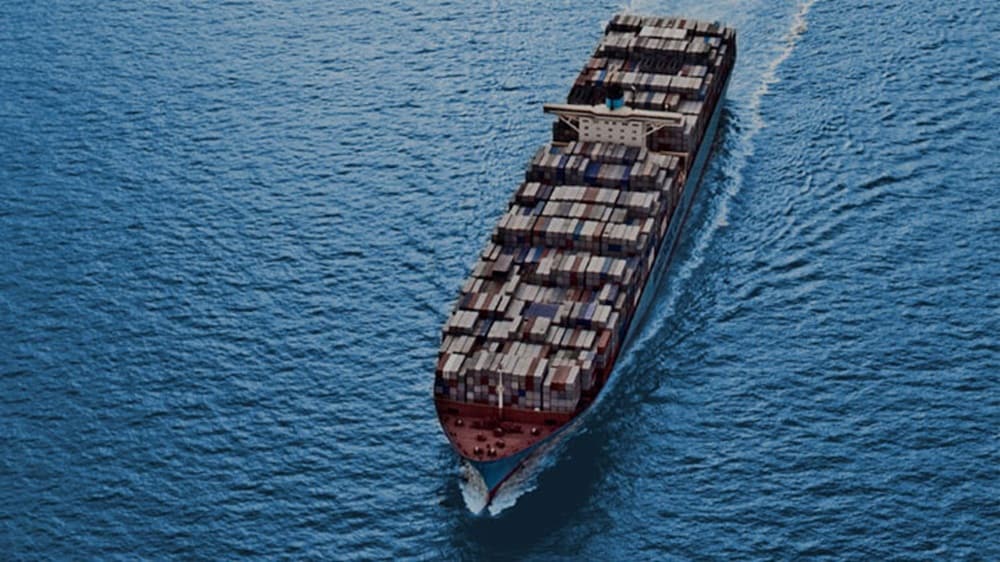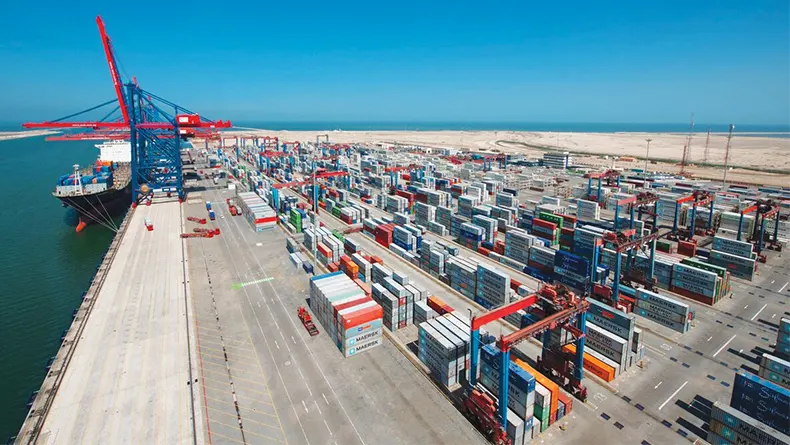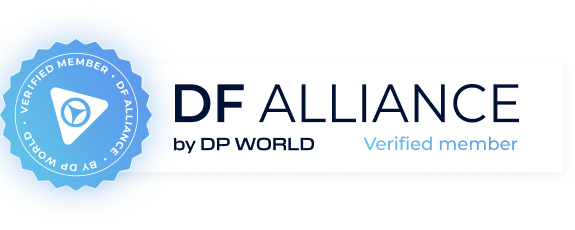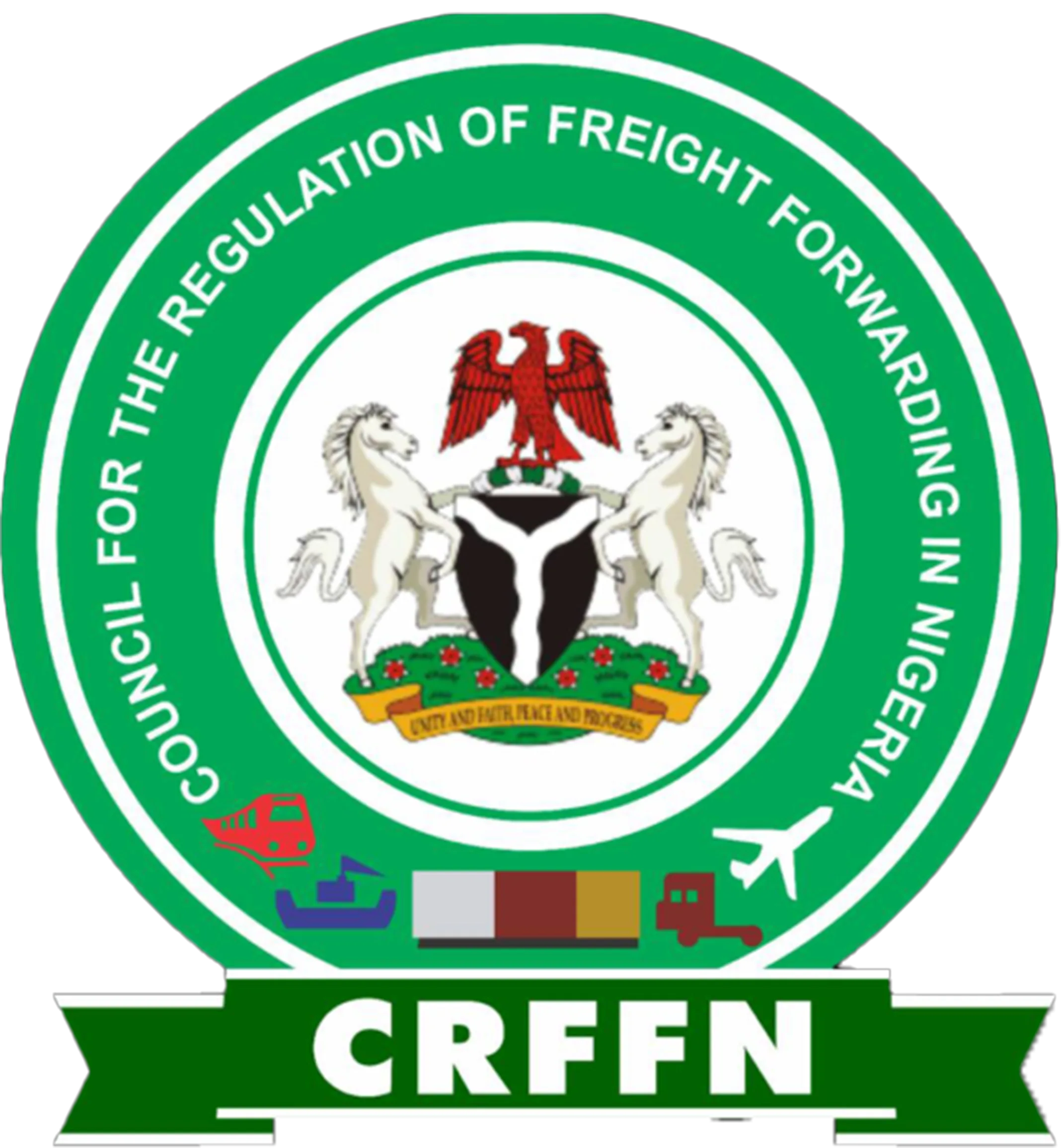Connecting Zambia across Africa and beyond
We have been connecting Zambian businesses across Africa and beyond for many years.
Limark has been helping customers ship cargo to and from Uganda, fostering growth and success in the dynamic landscape of international trade. Leveraging our expertise and network, we provide end-to-end logistics solutions tailored to meet the specific requirements of Ugandan businesses, ensuring the seamless movement of goods across borders.
Our extensive network, including strategic partnerships with regional and global carriers, and in-depth knowledge of Zambian customs and regulations, guarantee seamless access to key markets worldwide, empowering your business to thrive.

Import regulations
Importing goods to Zambia requires navigating specific procedures and documentation. Here’s a breakdown of the essential requirements:
Product Categories Requiring Import Licenses/Permits
Food and Agricultural Products
- Imports of meat, dairy products, fish, poultry, grains, fruits, and vegetables require import permits from the Ministry of Agriculture (MoA).
- Phytosanitary certificates are required for plants and plant products to ensure they are free from pests and diseases.
- Specific import permits are required for certain agricultural products like wheat, maize, and sugar.
Pharmaceuticals and Medical Devices
- The Zambia Medicines Regulatory Authority (ZAMRA) regulates the import of pharmaceuticals and medical devices.
- Import permits and product registration are mandatory.
- Medicines must comply with Good Manufacturing Practices (GMP) and be registered with ZAMRA.
- Medical devices must meet relevant technical standards and be approved by ZAMRA.
Chemicals and Hazardous Materials
- The Zambia Environmental Management Agency (ZEMA) regulates the import of chemicals and hazardous materials.
- Import permits are required, and detailed safety data sheets (SDS) must be submitted.
- Strict adherence to packaging, labeling, and transportation regulations is essential.
Used Motor Vehicles
- The Road Transport and Safety Agency (RTSA) regulates the import of used motor vehicles.
- Age restrictions apply, and vehicles must meet specific roadworthiness standards.
- Pre-shipment inspection and conformity to Zambian standards are required.
Other Regulated Products
Additional import licenses or permits may be required for specific products like:
- Explosives
- Firearms and ammunition
- Telecommunication equipment
- Mining equipment
- Radioactive materials
- Endangered species and products (CITES permits required)
Prohibited and Restricted Imports
Prohibited
- Narcotic drugs and psychotropic substances
- Pornographic and obscene materials
- Counterfeit and pirated goods
- Hazardous waste (Basel Convention)
- Ozone-depleting substances (Montreal Protocol)
- Used tires
- Right-hand drive vehicles (except for special purposes)
- Restricted (require special permits):
- Live animals and animal products
- Plants and plant products
- Firearms and ammunition
- Explosives
- Radioactive materials
Relevant agencies
- Zambia Revenue Authority (ZRA) – Customs Services
- Ministry of Agriculture (MoA)
- Zambia Medicines Regulatory Authority (ZAMRA)
- Zambia Environmental Management Agency (ZEMA)
- Road Transport and Safety Agency (RTSA)
- Ministry of Commerce, Trade, and Industry
- Zambia Bureau of Standards (ZABS)
Free Time
- Typically, 7 days for general cargo and 14 days for containerized cargo after discharge.
- May vary depending on the shipping line and port.
Demurrage charges
- Applied when the free time is exceeded.
- Calculated per container, per day.
- Rates vary depending on the shipping line, container size, and time elapsed.
Detention charges
- Applied when the container is held beyond the agreed-upon time for return to the shipping line after being picked up from the port.
- Separate from demurrage charges.
- Rates vary depending on the shipping line and container size.
Storage Limitations
- Port terminals have limited storage capacity.
- Containers not cleared within the allowed time are moved to an off-dock depot at the importer’s expense.
Calculation Methods
Demurrage and detention charges are calculated based on calendar days, including weekends and public holidays.
Commercial Invoice
- Detailed description of goods (including HS codes)
- Quantity, weight, and unit price of goods
- Total invoice value (in USD or ZMW)
- Incoterms (International Commercial Terms)
- Payment terms
- Consignee and consignor details
Packing List
- Detailed list of all items in each package
- Description, quantity, weight, and dimensions of each item
- Package markings and numbers
Bill of Lading/Airway Bill
- Evidence of the contract of carriage between the shipper and carrier
- Details of the shipment, including the consignee, consignor, and port of loading/discharge
Certificate of Origin
- Declares the origin of the goods
- Issued by the Chamber of Commerce in the exporting country
- May be required for preferential tariff treatment under trade agreements (e.g., COMESA, SADC)
Import Permit/License (for regulated goods)
- Issued by the relevant government agency
- Customs Declaration Form (CDF):
- Submitted through the ASYCUDA World system
- Requires detailed information about the shipment and importer
Other Certificates
- Phytosanitary certificate (for plants and plant products)
- Health certificate (for animals and animal products)
- Certificate of analysis (for chemicals and food products)
- CITES permit (for endangered species)
Import Permit from the Bank of Zambia (BoZ)
- Required for all commercial imports above a certain threshold.
- Used for foreign exchange control purposes.
Import licenses and permits
- Identify the Regulating Agency:
- Determine the specific ministry or agency responsible for your goods based on the product category.
- Gather Required Documents:
- Proforma invoice or commercial contract
- Technical specifications and data sheets (if applicable)
- Certificates of origin, analysis, quality, etc.
- Business registration documents (for companies)
- Taxpayer identification number (TPIN)
- Any additional documentation specific to the product or agency
- Submit Application:
- Complete the import permit application form.
- Submit the application along with required documents and fees to the relevant agency.
- Applications are typically submitted online or in person.
- Processing and Approval:
- The application will be reviewed and processed by the agency.
- Processing times vary but can take several weeks.
- If approved, the import permit will be issued.
- Validity and Renewal:
- Validity periods vary depending on the product and agency.
- Renewal procedures involve submitting a new application with updated documents before the expiry date.
- Costs:
- Import permit fees vary depending on the product and agency.
- Additional costs may include inspection fees and testing fees.
Customs clearance procedures
- Pre-shipment Inspection (PSI):
- Mandatory for most commercial shipments valued over USD 5,000.
- Conducted by authorized inspection companies in the country of origin.
- Verifies the quality, quantity, and value of goods.
- Arrival and Unloading:
- Vessel or aircraft arrives at the port or airport.
- Cargo is unloaded and placed in customs control.
- Document Lodgement and Declaration:
- Importer or their agent lodges import documents (commercial invoice, packing list, bill of lading, etc.) with customs.
- Electronic declaration is submitted through the ASYCUDA World system.
- Assessment and Payment:
- Customs verifies the documents and assesses import duties, taxes, and fees.
- Payment is made through a local bank.
- Inspection (if required):
Customs may select shipments for physical inspection based on risk assessment.
- Release of Goods:
If the shipment complies with all regulations and requirements, and duties/taxes are paid, customs releases the goods.
Port/Terminal operations
Major Seaports
Zambia is a landlocked country, so imports are typically routed through the ports of Durban (South Africa), Dar es Salaam (Tanzania), or Beira (Mozambique).
Air Cargo Hubs
Kenneth Kaunda International Airport (LUN): The main airport for air cargo imports.
Cut-off Dates
- Vary depending on the shipping line and destination.
- Confirm with your shipping agent or freight forwarder well in advance.
- Documentation Requirements at Terminals:
- Ensure all required documents are submitted electronically through ASYCUDA World before the shipment arrives.
- Original documents may be required for verification at the terminal.
Container Pickup/Drop-off and Storage
- Coordinate with your shipping agent or freight forwarder for container pickup and drop-off procedures at the port of entry.
- Be aware of free time limitations and potential demurrage/detention charges.
Disclaimer: This information is based on the latest available data and may be subject to change. Always consult with relevant authorities and experts for the most up-to-date and accurate information.
Export regulations
Get a detailed guide that provides an in-depth look into every aspect of the export process to ensure your goods are shipped efficiently and in compliance with all legal standards.
Product Categories Requiring Export Licenses/Permits
Minerals and Ores
- Zambia is a major exporter of minerals, including copper, cobalt, gemstones, and precious metals.
- Export of all minerals requires licenses from the Ministry of Mines and Minerals Development (MMMD).
- Specific permits and regulations may apply depending on the type of mineral.
- Exporters must comply with environmental and safety regulations.
- For certain minerals, such as rough diamonds, a Kimberley Process (KP) certificate is required to ensure they are not conflict diamonds.
Agricultural Products
- Export of agricultural products, such as maize, sugar, soybeans, cotton, and tobacco, may require permits from the Ministry of Agriculture (MoA).
- Phytosanitary certificates are required for plants and plant products to ensure they are free from pests and diseases.
- Additional permits may be necessary for specific agricultural products like maize and wheat, depending on market conditions and export quotas.
Wood and Wood Products
- The Forestry Department regulates the export of timber and wood products.
- Export permits are required, and exporters must comply with sustainable forestry management practices.
- The Zambia Forestry and Forest Industries Corporation (ZAFFICO) oversees the export of timber.
Wildlife and Wildlife Products
- The Zambia Wildlife Authority (ZAWA) regulates the export of wildlife and wildlife products.
- Export permits are required, and CITES permits may be necessary for endangered species.
- Strict regulations are in place to prevent illegal wildlife trade.
Other Regulated Products
Export licenses or permits may also be required for specific products like:
- Pharmaceuticals and medical devices
- Chemicals and hazardous materials
- Scrap metal
- Electricity
- Cultural artifacts
- Prohibited and Restricted Exports:
Prohibited
- Narcotic drugs and psychotropic substances
- Pornographic and obscene materials
- Counterfeit and pirated goods
- Hazardous waste (Basel Convention)
- Ozone-depleting substances (Montreal Protocol)
- Unprocessed precious stones and metals (to promote local value addition)
- Live animals without health certificates
- Plants and plant products without phytosanitary certificates
Restricted (require special permits)
- Endangered species and products (CITES permits)
- Raw hides and skins
- Unprocessed timber
- Certain minerals and gemstones
Relevant agencies
- Zambia Revenue Authority (ZRA) – Customs Services
- Ministry of Mines and Minerals Development (MMMD)
- Ministry of Agriculture (MoA)
- Zambia Environmental Management Agency (ZEMA)
- Zambia Wildlife Authority (ZAWA)
- Forestry Department
Zambia Forestry and Forest Industries Corporation (ZAFFICO)
Required Documents
- Commercial Invoice: Detailed description of goods (including HS codes), quantity, weight, value (in USD or ZMW), Incoterms, payment terms, and consignee/consignor details.
- Packing List: Itemized list of goods in each package, including description, quantity, weight, dimensions, and package markings.
- Bill of Lading/Airway Bill: Evidence of the contract of carriage between the shipper and carrier, with details of the shipment, consignee, consignor, and port of loading/discharge.
- Certificate of Origin: Issued by the Zambia Chamber of Commerce and Industry (ZACCI), declaring the origin of the goods.
- Export Permit/License (if applicable): Issued by the relevant government agency.
- Customs Declaration (SAD500): Electronic declaration submitted through the ASYCUDA World system.
Other Supporting Documents (depending on the type of goods)
- Phytosanitary certificate
- Health certificate
- Certificate of analysis
- CITES permit
- Kimberley Process certificate (for rough diamonds)
Export Declaration Process (through ASYCUDA World)
- Register as an exporter on the ASYCUDA World platform.
- Prepare and submit the SAD500 electronically through ASYCUDA World.
- Customs verifies the declaration and supporting documents.
- If compliant, customs approves the export and issues a release order.
- Pay any applicable export duties or taxes.
Major Ports
Zambia is a landlocked country, so exports are typically routed through the following ports:
- Durban (South Africa): The main port for Zambia’s exports, offering efficient container handling and storage facilities.
- Beira (Mozambique): An alternative port for exports, especially for copper.
- Walvis Bay (Namibia): A growing port with increasing importance for Zambian exports.
Cut-off times and procedures
- Vary depending on the shipping line, destination, and type of cargo.
- Confirm with your shipping agent or freight forwarder well in advance.
- Procedures typically include document submission through ASYCUDA World, customs clearance, security screening, and container loading.
Container Storage and Free Time
- All major ports offer container storage facilities.
- Free time for storage varies depending on the port and shipping line, typically ranging from 3 to 7 days.
- Storage fees apply after the free time expires.
Returning Empty Containers
- Coordinate with your shipping line or agent to return empty containers to the designated depot.
- Failure to return containers on time may result in detention charges.
Duties, taxes, and fees
Export Duties: Generally, Zambia does not impose export duties on most goods. However, certain products may be subject to export levies (e.g., minerals).
Other Fees: Customs processing fees, document handling charges, terminal handling charges, storage fees (if applicable), and any specific taxes or levies related to the exported product.
Disclaimer: This information is based on the latest available data and may be subject to change. Always consult with relevant authorities and experts for the most up-to-date and accurate information.

End-to-end cross-border logistics mastered— your gateway to/from Zambia
Zambia’s trade environment can be complex, but Limark is your reliable partner in navigating these intricacies. Our in-depth understanding of Zambian customs and regulations ensures that your shipments move seamlessly and efficiently, minimizing delays and maximizing profitability.
Our expanding presence in Zambia underscores our dedication to providing dependable and cost-effective shipping solutions. Our team of proficient local experts, coupled with our strong infrastructure and advanced technology, ensures smooth operations and significant cost savings. Contact our team to request a quote, book, or learn more about our end-to-end solutions.
Get Expert Guidance
Contact our regional experts
Partner with experienced freight forwarders and customs brokers for seamless shipping to and from Zambia. Ensure full documentation compliance with the guidance and logistics services of our team.
Sales enquiries
We’re happy to talk to you about your shipment needs anytime. Please get in touch with us.
Ready to ship?
Get your shipment moving faster. Request a quote today for our end-to-end supply chain services.
Other African Countries
